Cart
Your cart is empty
Your cart is empty
List is empty
Press ESC to close the search field

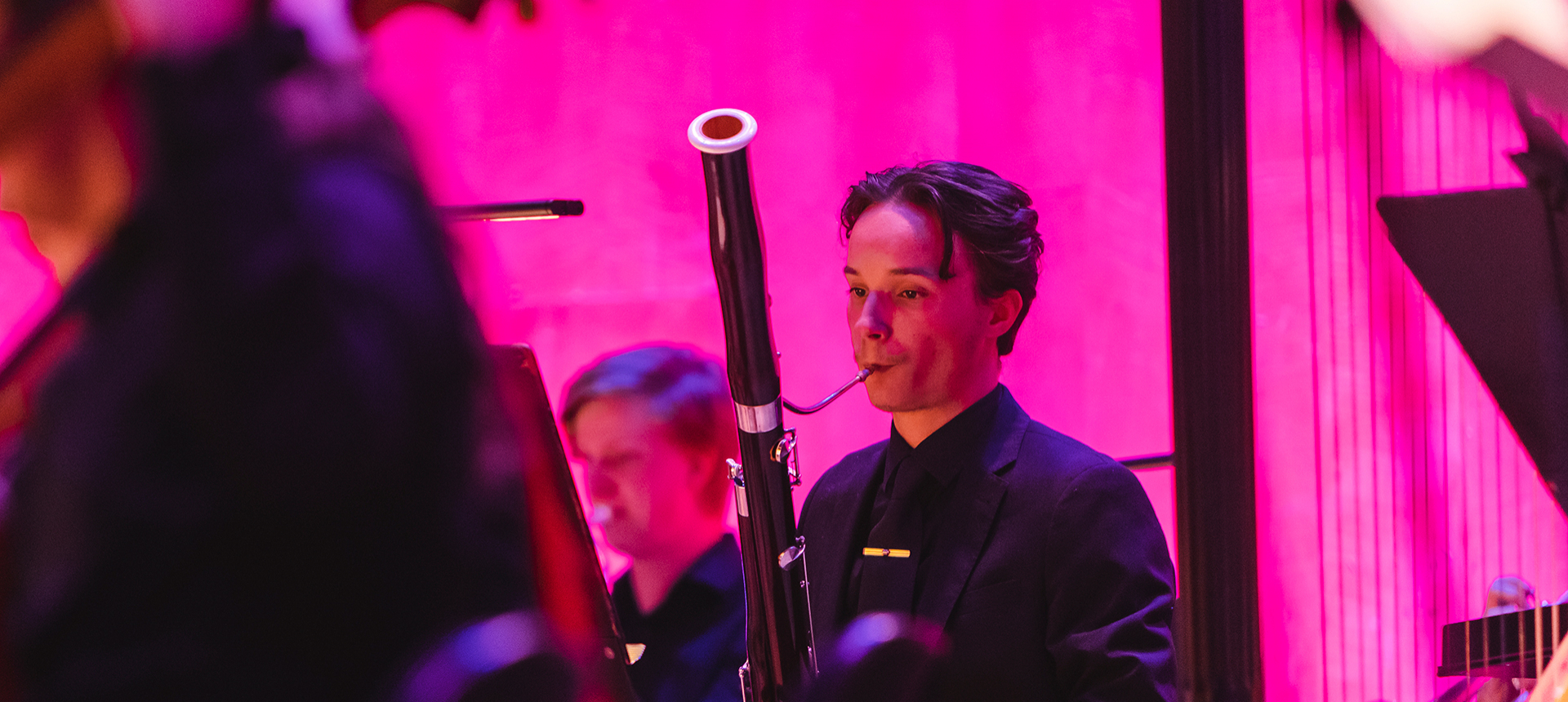
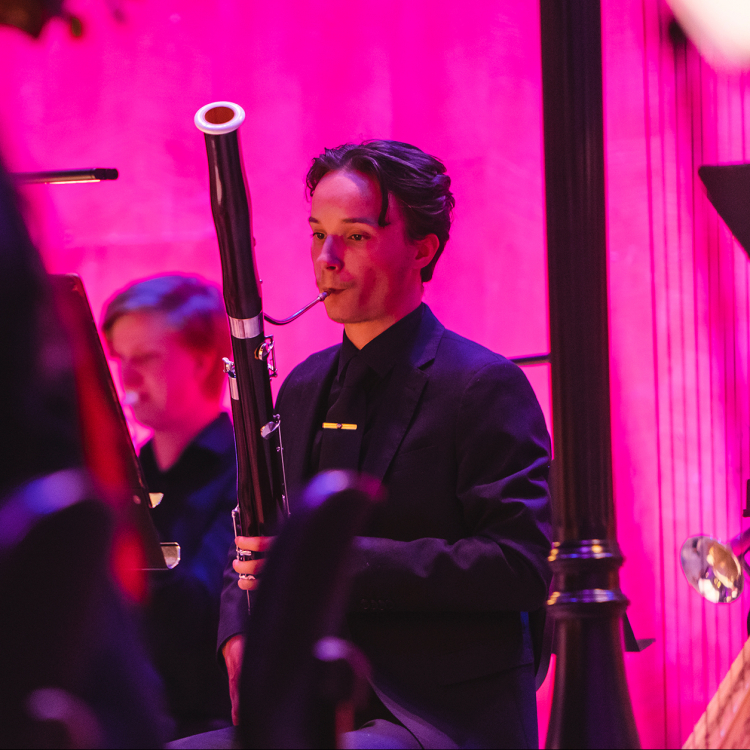
Event has already taken place. Irresistible with the Västra Götaland Youth Symphony conducted by Kim Phipps.
The Västra Götaland Youth Symphony plays classical music in a way that leaves no one out. The evening begins with the stage concert Fors Majeure, which deals with water in all its forms. After intermission Sibelius’ irresistible Symphony no. 2. All under the direction of Kim Phipps.
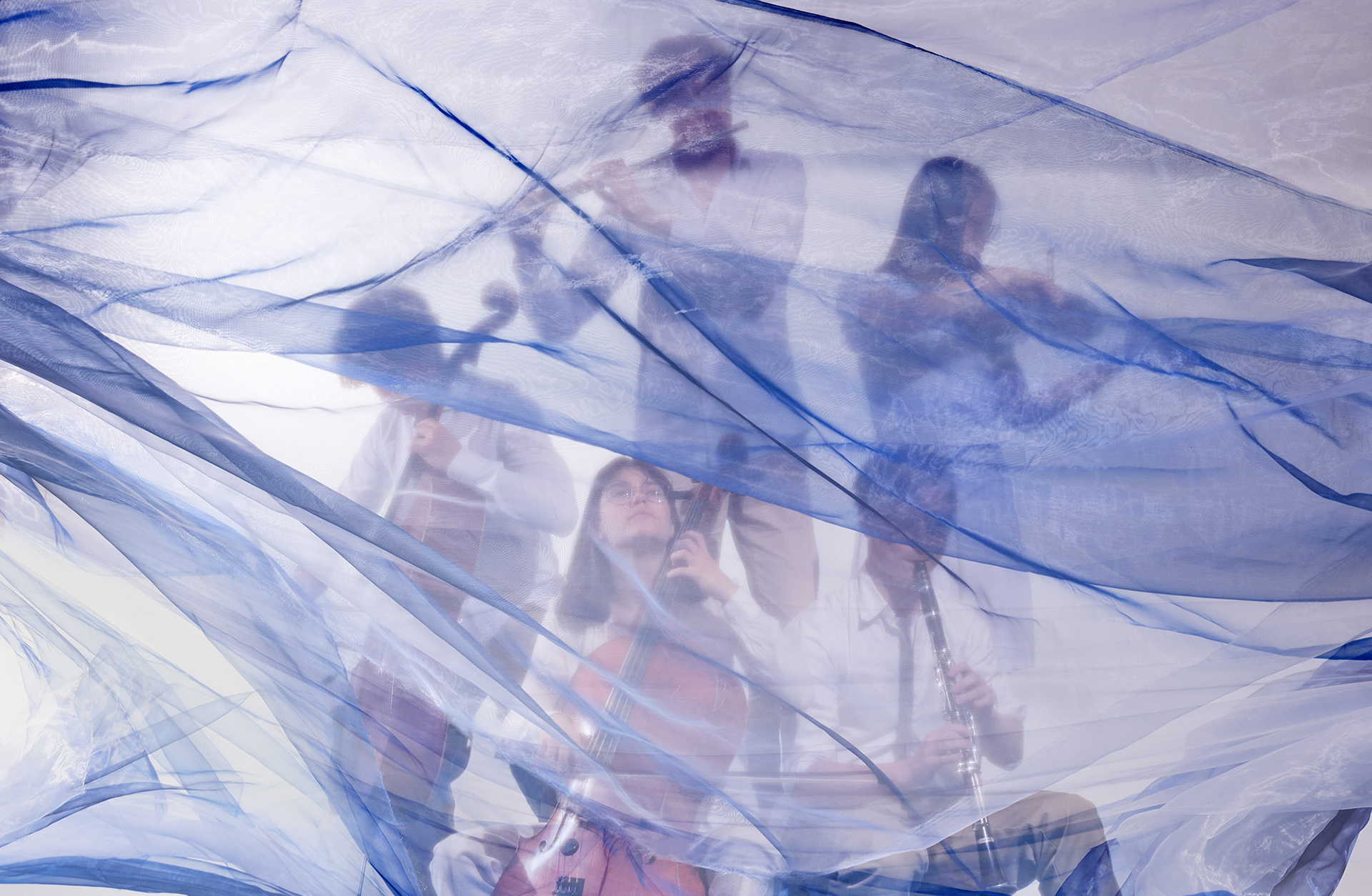
The scenic concert Fors Majeure invites you to a musical journey through the wonderful world of water. Water in various forms has inspired composers and classical pieces throughout the ages – such as Felix Mendelsohn’s overture The Hebrides, where the waves of the Atlantic whip against sharp rocks. In Smetana’s tone poem Moldau and Strauss’s waltz An der schönen blauen Donau, the river rushes along the slopes. Not to mention Hugo Alfvén’s beautiful, sparkling Summerrain and Whitacer’s tropical Cloudburst.
We get a taste of all this when VÄGUS young musicians guide us with the usual mix of facts, imagination and humor.
Famous pieces or grand symphonies – in the hands of VÄGUS, everything is performed with the unmistakable passion and energy that have become their special characteristics. The orchestra consists of around 80 young musicians from all over Västra Götaland aged 13-20, and for many VÄGUS will be a memory for life. Keen to join in? Read more about how you can become part of the orchestra
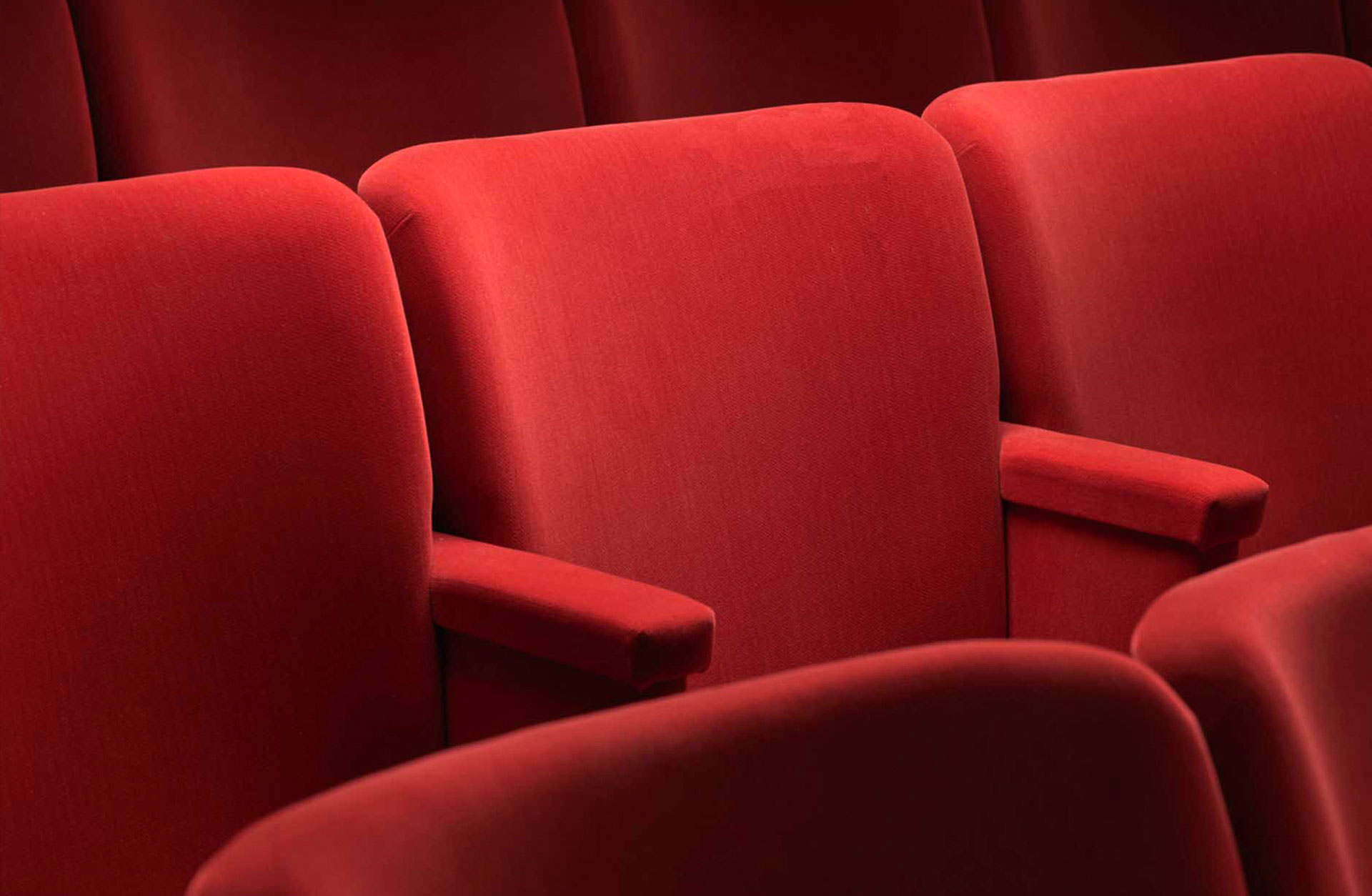
Here you will find all the necessary information that you need to know about before your magical visit in the Concert Hall.
Musicians from Gothenburg Symphony Orchestra, professional educators and singers inspire you in the Concert Hall - guaranteed energy injections for children and youth where you get to know even more people who love music.
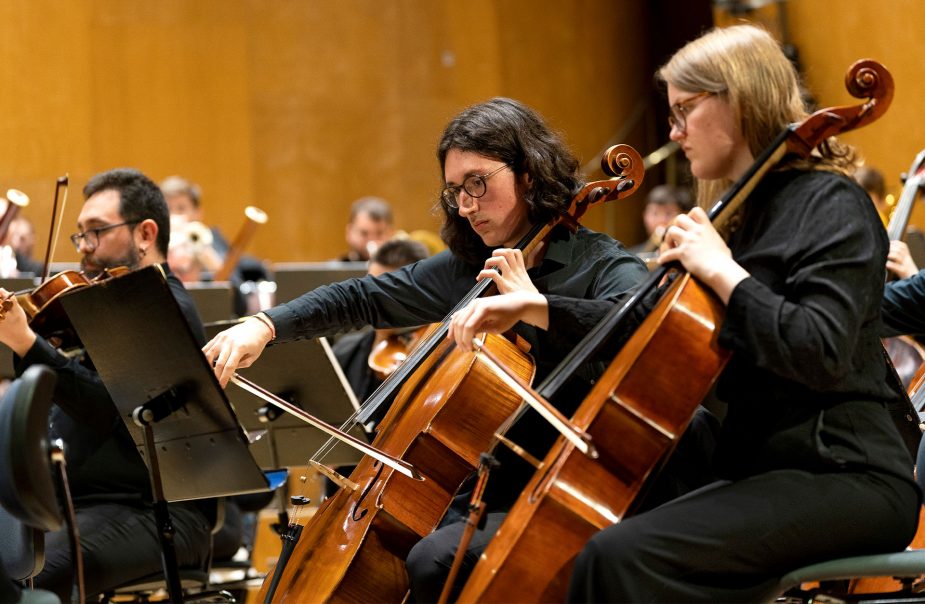
Musicians from the Master's program in Symphonic orchestra playing at the University of Stage and Music. Conductor Henrik Schaefer.
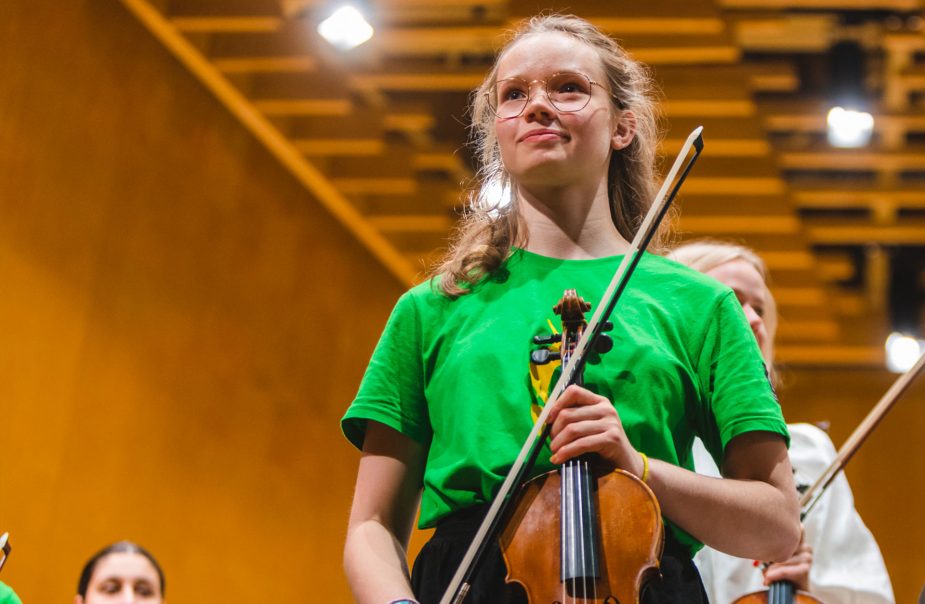
Festive concert in Gothenburg Concert Hall with Gothenburg Symphony Orchestra, Gothenburg Symphony Vocal Ensemble and orchestras and choirs from advanced level at Side by Side. Hear classical masterpieces by Grieg, Dvořák and Rachmanioff with stars of today and tomorrow.